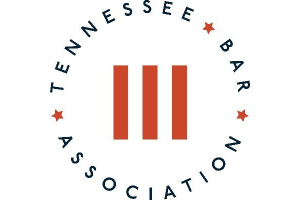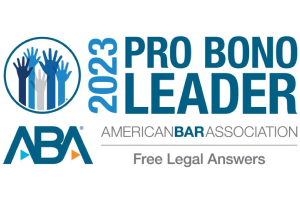for Workers
Retaliation for Opposing or Refusing to Participate in Illegal Activities
Retaliation for Opposing Illegal Activities
You have worked hard for your employer for years, but recently you have noticed illegal acts being committed by the company. You are uncomfortable taking part but you are also worried about being fired if you speak up. Doing the right thing takes courage. Workplace whistleblowing is a difficult situation and the first step is knowing your legal rights.
Our Nashville retaliation lawyers have significant experience representing workers in workplace retaliation cases. You can contact us online or by calling the number above.
The Tennessee Public Protection Act (TPPA)
The TPPA prohibits an employer from terminating an employee who refuses to (1) remain silent about illegal activities (i.e., whistleblowing) or (2) participate in such illegal activities. “Illegal activities” means activities that violate federal or state criminal or civil laws or any regulation meant to protect public health, safety or welfare. Tenn. Code Ann. § 50-1-304(a)(3).
The TPPA covers all employers regardless of the employer’s size (unlike some other Tennessee employment laws that only apply to employers with at least eight employees). When enacted in 2014, the TPPA eliminated common law retaliatory discharge in Tennessee.
Examples of potential TPPA violations include an employee being terminated after:
- Refusing to violate OSHA safety rules
- Reporting abuse of nursing home patients to a state agency
- Raising red flags about fraudulent billing
Proving a TPPA Claim
A worker who asserts a claim under the TPPA must establish that: (1) he was an employee of the defendant; (2) he refused to participate in or remain silent about “illegal activities” as defined by the statute; (3) he was terminated; and (4) an exclusive causal relationship existed between his refusal to participate in or remain silent about illegal activities and his termination. Richmond v. Vanguard Healthcare Servs., LLC, No. M2014-02461-COA-R3-CV, 2016 Tenn. App. LEXIS 66, at *13-15 (Ct. App. Jan. 29, 2016).
Tennessee’s Weak Whistleblower Law
Unfortunately, the Tennessee legislature consistently favors employers and corporations over workers and, as a result, the TPPA is notoriously employer friendly for several reasons. The TPPA requires whistleblowers to report the illegal activities to someone other than the alleged wrongdoer. Haynes v. Formac Stables, Inc., 463 S.W.3d 34, 40 (Tenn. 2015). This may require reporting to someone outside of the company in many situations, including where the wrongdoer and owner are the same person.
Worse still, a plaintiff’s refusal to remain silent or refusal to participate in illegal activities must be the “sole reason” for the plaintiff’s termination. Tenn. Code Ann. § 50-1-304(3)(b). This is a very difficult legal standard to meet because minor workplace issues such as disagreements or tardiness may preclude recovery. This sole reason standard has the practical effect of making the TPPA’s protections unavailable to most hard working Tennesseans who do the right thing by reporting wrongdoing.
If you are unhappy about Tennessee’s weak protections for whistleblowers under the TPPA, you can call or write your state legislators. That said, do not be discouraged by the weak TPPA: other federal or state laws may protect you depending on your specific circumstances.
Contact Rickard Masker, PLC Today
Take action now by contacting our Nashville-based retaliation lawyers online or at the number above. Many Tennessee employment laws have short deadlines in which to file claims, so don’t wait to learn your legal rights.














